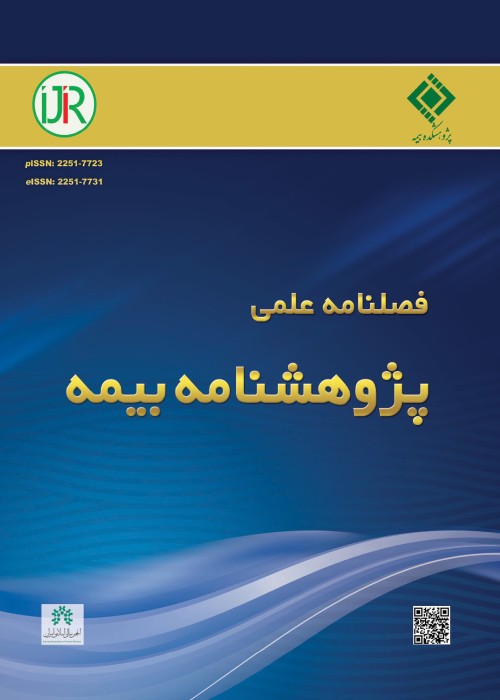Legislative Approach and Judicial Requirements in the Issue of Woman's Diya Overpayment by the Insurer with a View to Article (10) of the Compulsory Insurance Law Approved in 2016
Equality between man and woman rights has long been considered by jurists and human rights communities. It has been supported from the perspective of human rights and economic and social analysis. The Iranian legal system, following the well-known opinion of Imami jurists, has not accepted the idea of absolute equality between men and women. Going beyond the idea of the difference between man's and woman's Diya with the legislative approach in the Islamic Penal Code and the Compulsory Insurance Law has been adjusted. The criminal and civil judicial authorities have not reached a single procedure in dealing with the issue of compensating the excess of woman's Diya overpayment. The dispute in the judicial procedure for the insurer's sentence to compensate the excess of the woman's Diya requires a correct analysis of the nature of the ransom in the laws. Paying attention to the nature of the woman's Diya overpayment to the extent of the man's Diya and recognizing the judicial and legal requirements in the issue of woman's Diya overpayment by the insurer, will direct and regulate the judicial procedure in issuing verdicts against the insurer in accordance with Article 10 of the Compulsory Insurance Law approved in 2016 and the insurer will be aware of its rights and duties.
Descriptive – analytical method was used in this research. Some of the judgments issued in this area are used as study documents to address the differences in jurisprudence, and to clearly portray the challenge of jurisprudence. It is possible to present the result by analyzing these opinions and advisory theories.
The surplus of the woman's Diya up to the man's Diya has a compensatory nature and the scope of the insurer's payment in Article 10 of the Compulsory Insurance Law is limited to traffic accidents. The idea of gender equality and economic efficiency of men and women in society and the irregularity of the payment of the fee for criminal proceedings implies the exemption of the request for compensation of the surplus of the woman's Diya from the civil proceedings in the criminal authorities. Also examination of judicial procedure and legal requirements raises the need to claim such damages from the insurer but simply requesting a surplus of Diya from the insurer without filing an independent lawsuit and paying the court fees in accordance with the financial claims is sufficient for the lawsuit to be considered by the insurer and a ruling issued. The method of issuing a criminal court and legal court order varies depending on how the lawsuit is filed. The conviction of an insurance company to pay excess of the woman's Diya requires the observance of certain court procedures. Asking the insurer for excess of the woman's Diya or not requesting it creates an independent obligation for the judge, which needs to be analyzed depending on the method of filing the lawsuit and the claim.
Despite the unity of the nature of excess damages on the Diya in the Islamic Penal Code and the Compulsory Insurance Law adopted in 2016, the origin of the insurer and the bodily injury insurance fund to compensate this amount are not the same and the scope of the insurer's obligation to pay the surplus of the Diya in the Compulsory Insurance Law is specific and limited. The method of filing a lawsuit against the insurer and the guarantee of the notification of the court hearings and the court decision to the insurer depends on his role in the lawsuit. It is possible to include the surplus of the woman's Diya in the court judgment, and the ability to enforce the verdict against the insurer depends on the method of filing a lawsuit and issuing a sentence. The injured party's request for payment of the surplus of the woman's Diya by the insurer before the end of the trial indicates the obligation of the criminal judge to issue a sentence against the insurer, but if the injured party neglects to demand his right directly from the insurer, the court has no obligation to issue a sentence and while writing the sentence of Diya, it only refers to the insurer's responsibility to pay the surplus based on accident insurance, which is not enforceable directly against the insurer.
- حق عضویت دریافتی صرف حمایت از نشریات عضو و نگهداری، تکمیل و توسعه مگیران میشود.
- پرداخت حق اشتراک و دانلود مقالات اجازه بازنشر آن در سایر رسانههای چاپی و دیجیتال را به کاربر نمیدهد.



